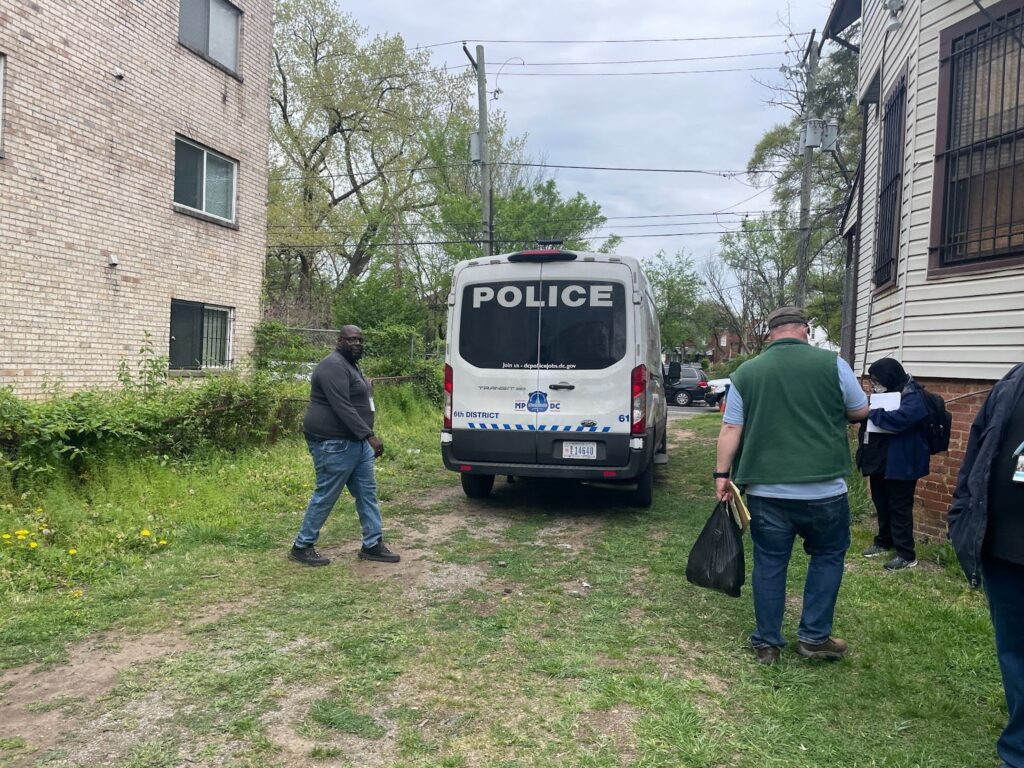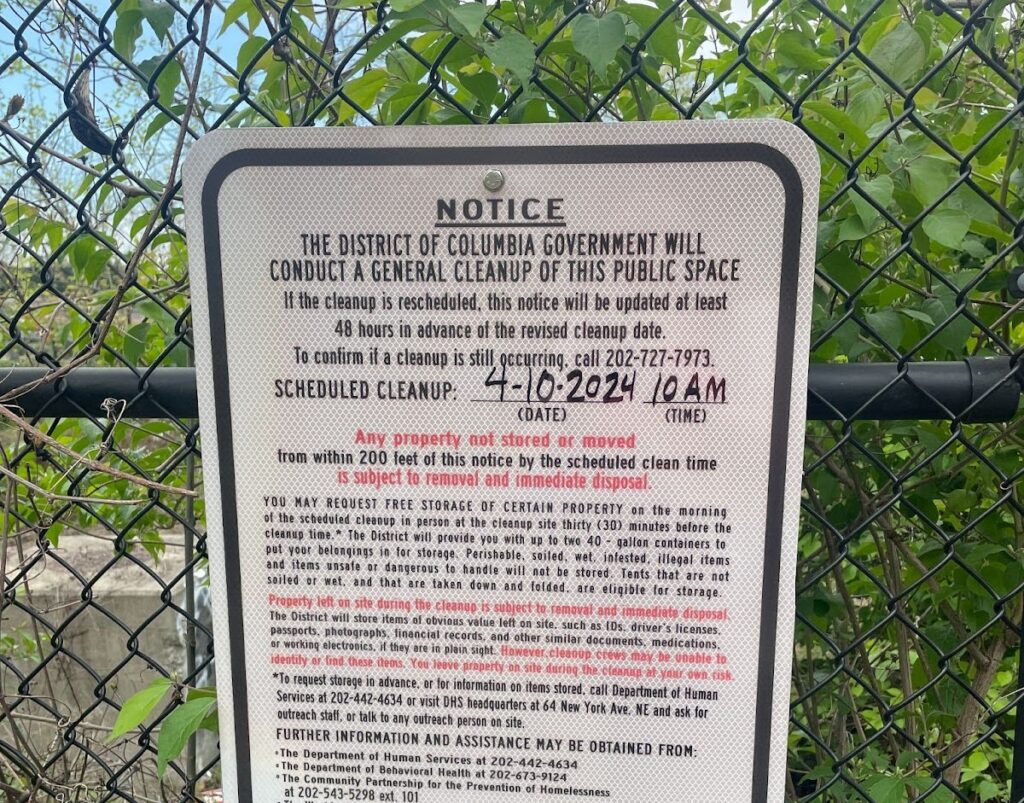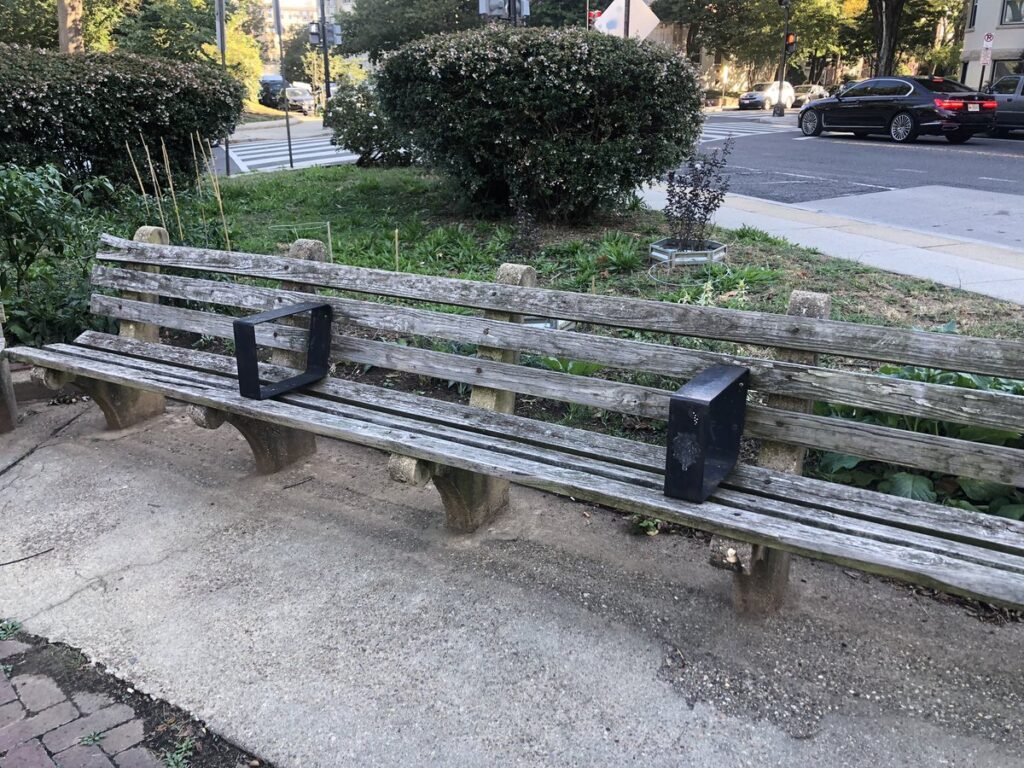Like dozens of other nonprofit organizations working to end homelessness in the District of Columbia, DC Central Kitchen’s programs are in action all year long. But this time of year – the flurry of activity between Thanksgiving and New Year’s – is always when public interest in homelessness and hunger peaks. Just as a single holiday meal will not liberate a person from hunger, a seasonal spike in shame, outrage or confusion at the ongoing existence of homelessness in our wealthy nation’s capital is not enough. For an individual to replace homelessness with the conditions of self-sufficiency takes coordination, planning and effort from many parties over time. However, this year, like so many years past, our community is still coming up short on these counts – which means that when the calendar turns to 2016, we’re certain to have failed, once again, to make homelessness a thing of the past. If we don’t want to say these same things again next year, we should use these six weeks of public attention and energy to advance the dialogue on a series of key issues:
Hunger, homelessness and unemployment are all linked, but the groups addressing them aren’t. Elements of the Housing First model have demonstrated some encouraging results, but housing alone (even if we had enough of it) is not a complete solution. Philanthropists and nonprofits are talking more about food and nutrition than ever before, but
those at risk of homelessness still face information gaps about how to access the quality nutrition they need. And without quick transitions into living-wage employment, residents who have received expedited housing assistance may lose it. Coordination across nonprofits, funders and government agencies with different focus areas remains sporadic at best, even though research and practice continue to show how homelessness is a complex challenge requiring comprehensive, integrated solutions.
We must end the outdated and failed approach of warehousing our residents who are homeless. The steps taken to close the dilapidated family shelter at D.C. General emergency shelter have been encouraging, but Mayor Muriel Bowser and Department of Human Services Director Laura Zeilinger are quite right to point out that it will not be a sustained step if all eight wards do not share the responsibility of providing smaller, safer, more dignified living arrangements. Moreover, D.C. General is not the only old, overcrowded shelter in the District, and similar energy must be spent on addressing those facilities and their residents immediately.
We have an incredible opportunity to make our workforce development system work for individuals overcoming homelessness. There have been encouraging changes at the federal level through the Workforce Innovation and Opportunity Act. The act makes it easier to serve homeless individuals, including homeless youth, and encourages states to invest in the type of innovative solutions that can help these residents access the training, social services and job placement assistance they need to enter and stay in the workforce. To seize this opportunity, the District must name a permanent director of the Workforce Investment Council as soon as possible and immediately begin the process of identifying solutions to meet the employment needs of homeless residents. It’s crucial that any proposed solutions are developed with the input of the nonprofit providers, community advocates and for-profit businesses that will be integral to their successful implementation.
But we must also be forward-thinking about adding new voices to these conversations. Thus, finally, the District of Columbia should become the nation’s capital for social enterprises that provide sustainable, supportive employment for individuals with histories of homelessness. This promising new sector of the economy, populated by private entities that offer dignified, meaningful jobs while generating revenue and attracting business from conscientious consumers (of which D.C. has many) is primed for growth. In fact, Street Sense and DC Central Kitchen are well-established models of this approach. But the District and the philanthropic community could be doing much more to attract, develop and grow these types of innovative firms. If many purely for-profit businesses are not yet ready to make major investments of time and money into hiring residents who are homeless, we support the idea of adding new employers to the mix who can expand the number and quality of opportunities available.
Instead of using the next few weeks to simply plead for donations, those of us working to end homelessness in D.C. must pull together and provoke productive dialogue – so that someday, we won’t need to ask for donations anymore.
Michael F. Curtin Jr. is the Chief Executive Officer of DC Central Kitchen, a nationally acclaimed nonprofit social enterprise that trains at-risk adults for culinary careers while using wasted food and local farm products to bring healthy food to individuals and families in need.








